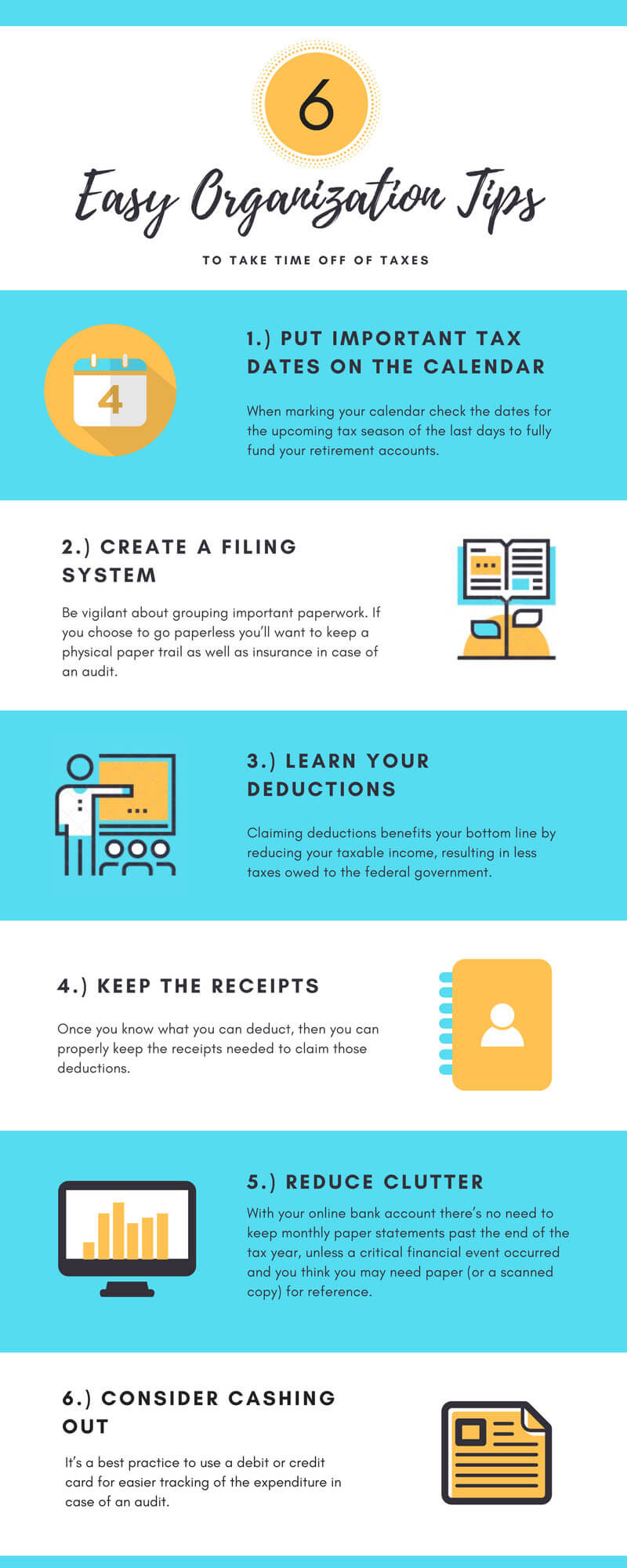
Navigating Tax Season: A Guide for Short-Term Rental Hosts
By Dana Moraru, Owner: Tahoe Signature Properties & VRNation Executive Board Member
As the new year rolls in, short-term rental hosts face an important task: preparing for tax season. One crucial aspect of this preparation is understanding and fulfilling your 1099 filing obligations. This guide will help you navigate the process with confidence.
Understanding Your 1099 Filing Responsibilities
If you're a short-term rental host who has paid independent contractors $600 or more during the past year, you're required to file a 1099-NEC form for each of these individuals. This might include cleaners, maintenance workers, property managers, or other service providers essential to your rental operation.
Why 1099 Filing Matters
Staying compliant with IRS requirements is not just about avoiding penalties; it's about maintaining a professional and legally sound business operation. Proper 1099 filing ensures that your contractors can accurately report their income, and it helps you maintain clear financial records for your rental business.

Steps to File Your 1099 Forms
1. Gather Information: Collect payment records for all contractors you've paid $600 or more during the year.
2. Obtain Contractor Details: Ensure you have each contractor's correct name, address, and tax identification number (usually their Social Security Number or Employer Identification Number).
3. Fill Out the Forms: Complete a 1099-MISC form for the rental income.
4. Submit by the Deadline: Forms must be sent to contractors and filed with the IRS by January 31st.
Pro Tips for Smooth Filing
- Keep Detailed Records: Maintain accurate payment records throughout the year to simplify the filing process.
- Use Digital Tools: Consider using accounting software or online platforms designed for short-term rental hosts to track payments and generate 1099 forms.
- Consult a Professional: If you're unsure about any aspect of the filing process, don't hesitate to seek advice from a tax professional familiar with short-term rental regulations.
Beyond 1099s: Other Tax Considerations
While 1099 filing is important, it's just one piece of the tax puzzle for short-term rental hosts. Remember to also:
- Report all rental income on your tax return
- Keep track of deductible expenses related to your rental property
- Consider the impact of local occupancy taxes and regulations
Staying Organized Year-Round
The key to stress-free tax seasons is maintaining organization throughout the year. Set up a system to track income, expenses, and contractor payments as they occur. This proactive approach will save you time and headaches when it's time to file.
Conclusion
As a short-term rental host, understanding and fulfilling your tax obligations is crucial for the success and legality of your business. By staying informed about 1099 filing requirements and maintaining good financial records, you can approach tax season with confidence. Remember, when in doubt, seeking professional advice can provide peace of mind and ensure you're maximizing your tax benefits while staying compliant.
Happy hosting, and here's to a successful and organized tax season!
Dana Moraru

